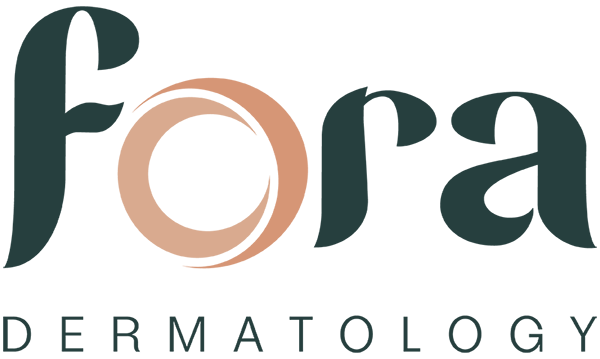Teen Acne: I Need it Gone!
Acne can be merely an annoyance, or it can plague your life. Millions of teens are afflicted with acne; which can range from a breakout here and there, to the cystic and scarring variety. It can negatively affect self-esteem and be so severe to even cause depression. There comes a point when you don’t even want to look at yourself in the mirror, nobody talks to you, and you know it hinders your chances of succeeding at almost everything. When did the last homecoming queen or king have bad acne? You no longer want to leave the house – I can’t begin to imagine how difficult life would be.
I remember having it as a teen; even though it wasn’t the severe kind, it still affected me. I tried a lot of over-the-counter stuff, but never sought the help of a dermatologist, so I suffered. I want to let you know that you don’t have to feel hopeless – there is a solution! In fact, there are numerous solutions that can definitely help. You can take control of your life again. There is no reason to allow acne to ruin your life. You have potential and nothing should stop you.
First, I want to explain:
what Is acne and why do we get it?
Acne is triggered by several factors. During puberty, hormones kick in, increasing production of oil from the oil glands at the pilosebaceous unit (commonly known as a pore). This, in turn, clogs these pores, which results in a build-up of oil and skin cells. Clogged pores cause whiteheads which are medically termed closed comedones. When these open up to the surface, the skin material turns black because it oxidizes, which means the loss of an electron (and you never thought Chemistry class would come in handy).
This is commonly termed a “blackhead,” but it is NOT dirt stuck in your pore as is commonly believed. This is medically termed an open comedone. Whiteheads and blackheads are small and have no inflammation associated with them. They are very common on the forehead, nose and chin areas but can happen anywhere. Bacteria decide to join the party and start feeding on this comedonal material – bacteria never say “no” to a free meal. Then, your body responds by trying to clear these pilosebaceous invaders and sends in the immune system cells (white blood cells.) This struggle between invader and immune system causes the pimple, which we doctors call the inflammatory papule or pustule (when there is pus). The pus consists primarily of your white blood cells and the bacteria it is fighting. When this inflammatory ensemble bursts beyond the follicular unit, it creates a cyst. Cysts are deep and painful. They feel like “knots” and can cause scars.
That was a quick overview of acne, but the more important question is:
How do you treat it?
Before discussing treatment, I must give you a very important piece of advice. You did not develop acne overnight and you will not be able to get rid of it overnight. All acne treatments need to be done consistently and for the prescribed length of time. We live in an age of instant gratification – acne treatment is not as easy as a Snapchat filter that will wipe away all your pimples. I have patients who call after a week or two of starting treatment to say that it did not work, or they think their acne is worse.
It takes a few months to see a difference, so you need to be patient and follow instructions. Your acne might appear to get worse before it gets better – again, please be patient. You might get better even if you are not completely clear; that’s why we take pictures of acne patients during their visits so that we can have an objective assessment of progress. Some are surprised to see improvement they were unaware of. Acne treatment consists of topical creams that help unclog the pore and dry out the oil glands. There are also topical antibiotics and washes to help get rid of bacteria and inflammation. If topical treatment does not control acne, then the next step would be oral antibiotics. For females with hormonal acne, contraceptive pills or other oral medication may be of benefit.
The final step in therapy is isotretinoin, which is still widely known by the brand name Accutane®. This medication clears acne, but can have significant side-effects that must be thoroughly discussed with the dermatologist before starting it. Only certain doctors and pharmacies can prescribe it and patients must also sign-up with iPledge, which is a government monitoring system to ensure the medication is used safely.
There are many over-the-counter products out there, but they don’t work for everyone. Everyone is different, and what works for your friend or sibling might not work for you. If you suffer from acne, I recommend you take the first step and see a dermatologist for a tailored treatment regimen.
NOTE: This article is not intended to be a substitute for professional medical advice, diagnosis, or treatment. Always seek the advice of your physician or other qualified health provider with any questions you may have regarding a medical condition.
Everyone is different – what works for your friend or sibling might not work for you.

